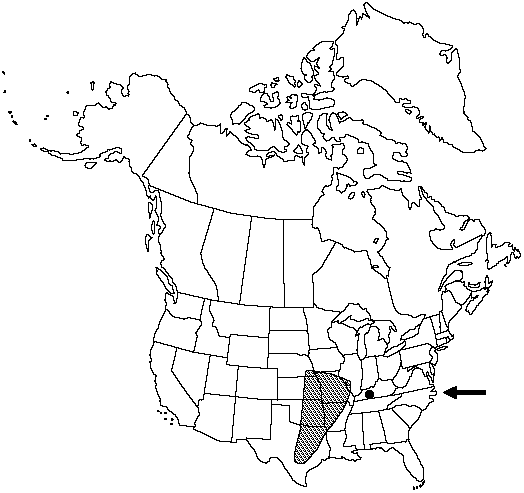Difference between revisions of "Argyrochosma dealbata"
Amer. Fern J. 77: 40. 1987.
FNA>Volume Importer |
imported>Volume Importer |
||
| (One intermediate revision by the same user not shown) | |||
| Line 6: | Line 6: | ||
|place=77: 40. 1987 | |place=77: 40. 1987 | ||
|year=1987 | |year=1987 | ||
| + | }} | ||
| + | |special_status={{Treatment/ID/Special_status | ||
| + | |code=E | ||
| + | |label=Endemic | ||
}} | }} | ||
|basionyms={{Treatment/ID/Basionym | |basionyms={{Treatment/ID/Basionym | ||
| Line 59: | Line 63: | ||
|publication title=Amer. Fern J. | |publication title=Amer. Fern J. | ||
|publication year=1987 | |publication year=1987 | ||
| − | |special status= | + | |special status=Endemic |
| − | |source xml=https:// | + | |source xml=https://bitbucket.org/aafc-mbb/fna-data-curation/src/2e0870ddd59836b60bcf96646a41e87ea5a5943a/coarse_grained_fna_xml/V2/V2_32.xml |
|genus=Argyrochosma | |genus=Argyrochosma | ||
|species=Argyrochosma dealbata | |species=Argyrochosma dealbata | ||
Latest revision as of 20:22, 5 November 2020
Stem scales brown. Leaves 3–15 cm. Petiole chestnut brown, 0.50–0.75 mm diam. Blade deltate, 3–5-pinnate proximally, somewhat herbaceous, abaxially covered by whitish farina, adaxially glabrous or sparsely glandular; rachis rounded to slightly flattened adaxially. Pinna costae straight or nearly so, branches not arising from prominent angles. Ultimate segments not articulate, dark color of stalks continuing into segment bases abaxially; segment margins recurved, often partially concealing sporangia; veins often visible adaxially. Sporangia submarginal, borne on distal 1/3 of secondary veins, containing 64 spores. 2n = 54.
Phenology: Sporulating summer–fall.
Habitat: Calcareous cliffs and ledges
Elevation: 100–600 m
Distribution

Ark., Ill., Kans., Ky., Mo., Nebr., Okla., Tex.
Discussion
The distinctions between Argyrochosma dealbata and A. limitanea are subtle but apparently absolute. Although both occur in Texas, their ranges do not overlap. Despite the morphologic similarities, isozyme analyses indicate that A. dealbata, a diploid species, was not involved in the origin of polyploid A. limitanea.
Selected References
None.